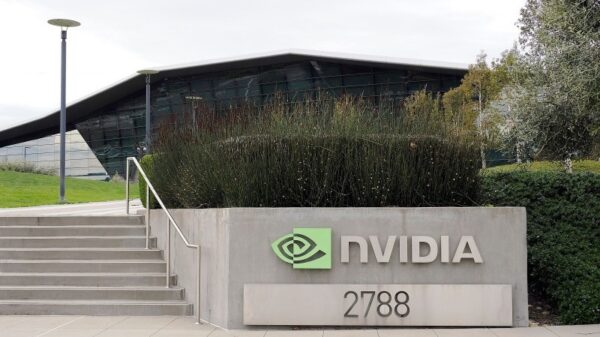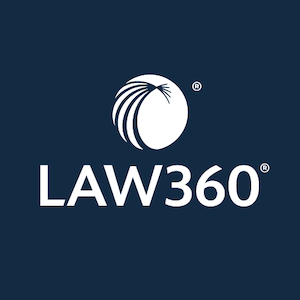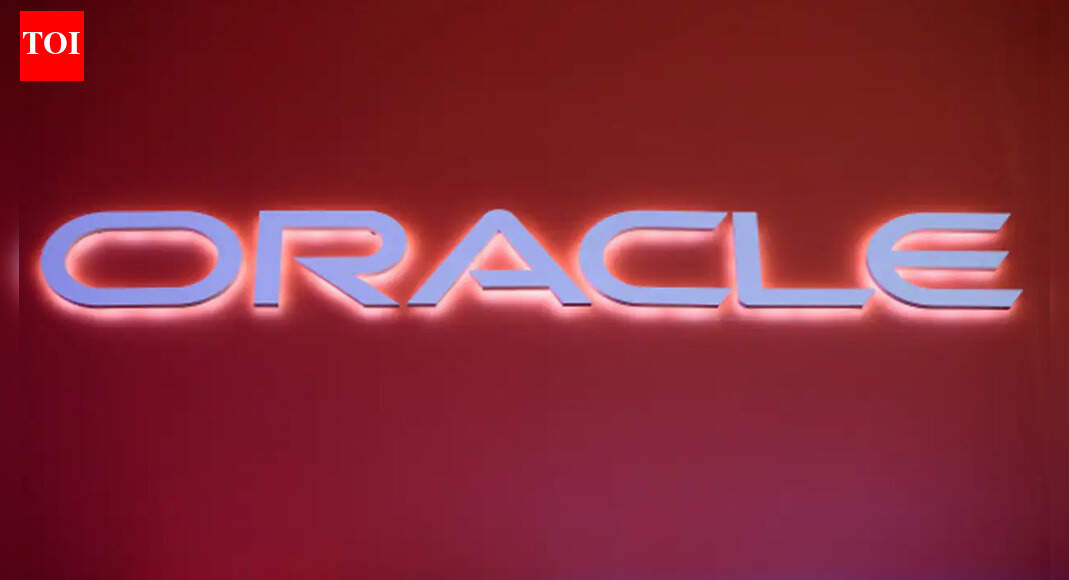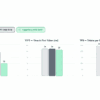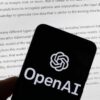Oracle’s recent partnership with OpenAI has sent shockwaves through the financial markets, resulting in an astonishing decline of over $300 billion in market value for the tech giant since the agreement was disclosed in September 2025. Dubbed the “Curse of ChatGPT,” this dramatic downturn has prompted investors and analysts alike to question whether Oracle’s ambitious investment in artificial intelligence will yield the anticipated returns or merely expose the company to excessive risks.
According to reports from the Financial Times, Oracle’s market capitalization plummeted from approximately $615 billion on September 10, 2025, to around $315 billion by November 18, 2025. This staggering loss is roughly equivalent to the entire market value of General Motors or double that of Kraft Heinz. In contrast, major market indices such as the Nasdaq Composite and Dow Jones US Software Index remained relatively stable during the same period, highlighting Oracle’s unique struggle in the tech landscape.
Investor unease centers on Oracle’s decision to finance its extensive data farm investments—critical for supporting OpenAI’s computational needs—primarily through debt. While the company promises lower upfront costs and quicker income generation compared to competitors, it lacks the operational profit margins that larger players like Microsoft and Amazon enjoy. This debt-driven strategy has effectively positioned Oracle as a public market proxy for OpenAI’s aspirations, tying its future directly to the AI company’s pursuit of artificial general intelligence (AGI).
Investor Sentiment and Market Reactions
During an analyst day event in Las Vegas last month, Oracle projected a cloud computing revenue target of $166 billion by 2030. However, the demand for credit-default swaps associated with Oracle’s debt has surged following the company’s issuance of $18 billion in bonds, indicating increasing skepticism among investors regarding Oracle’s AI strategy. The Financial Times noted that while the premiums for these credit-default swaps remain modest, the trend signifies a growing wariness about Oracle’s aggressive financial commitments in the AI space.
Oracle is not alone in facing market turbulence following AI partnerships. Other companies, including Broadcom and Amazon, have also seen their share prices dip in the wake of announcements related to OpenAI. Meanwhile, Nvidia, which has its own collaborative agreement with OpenAI, has experienced little change in its valuation. Interestingly, AMD’s stock surged by 24% in October after securing warrants linked to a chip deal with OpenAI, showcasing the unpredictable nature of investor sentiment surrounding AI collaborations.
The ongoing developments underscore not just Oracle’s challenges but also the broader implications of how AI partnerships are perceived in the market. As the landscape evolves, the tech community watches closely to see whether Oracle’s heavy investments will eventually pay off or if the “Curse of ChatGPT” will continue to haunt its financial performance.
As the AI sector matures, the diverging trajectories of these major players illuminate the complexities and risks associated with significant investments in emerging technologies. The unfolding story at Oracle serves as a reminder that while AI offers transformative potential, it also carries inherent uncertainties that can dramatically affect corporate valuations.
See also Decentralized AI Networks Merge Web3 with Machine Learning for Enhanced Accountability
Decentralized AI Networks Merge Web3 with Machine Learning for Enhanced Accountability Grok Halts Hebrew Translations to Combat Inflammatory Speech Amid Rising Hate on X
Grok Halts Hebrew Translations to Combat Inflammatory Speech Amid Rising Hate on X AIdeep Unveils ‘Deep Privacy’ Tech to Anonymize Resident Registration Data Instantly
AIdeep Unveils ‘Deep Privacy’ Tech to Anonymize Resident Registration Data Instantly DigiKey Integrates AI for Faster Quotes and Supply Chain Resilience Amid Industry Shift
DigiKey Integrates AI for Faster Quotes and Supply Chain Resilience Amid Industry Shift Sundar Pichai Warns AI Models Can Make Mistakes, Urges Caution in Blind Trust
Sundar Pichai Warns AI Models Can Make Mistakes, Urges Caution in Blind Trust
